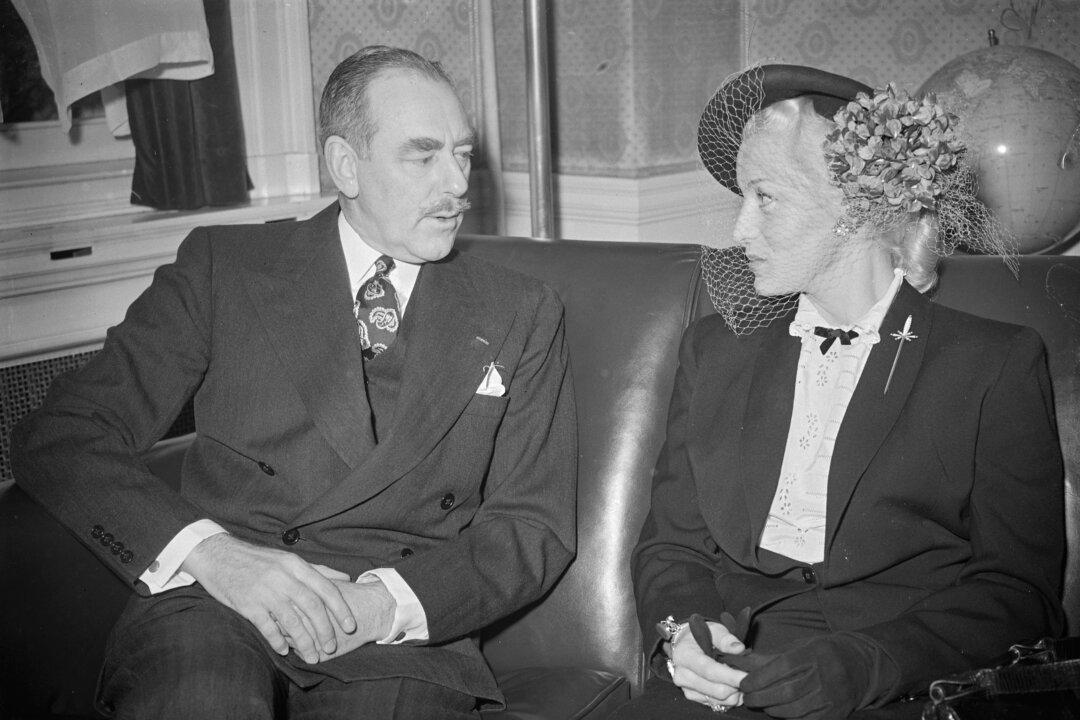On the morning of Nov. 19, 1951, a Douglas C-47 Skytrain took off from Erding Air Base near Munich. Its destination was Belgrade, Yugoslavia. The plane never arrived.
The Cold War between Western democracies and the Soviet Union practically began the moment Germany surrendered on May 7, 1945. The former allies were now bitter enemies, and espionage became the primary means of conflict and conflict resolution. The mere suspicion of spying was often tantamount to the act itself, and these opposing governments often acted on suspicions alone.






